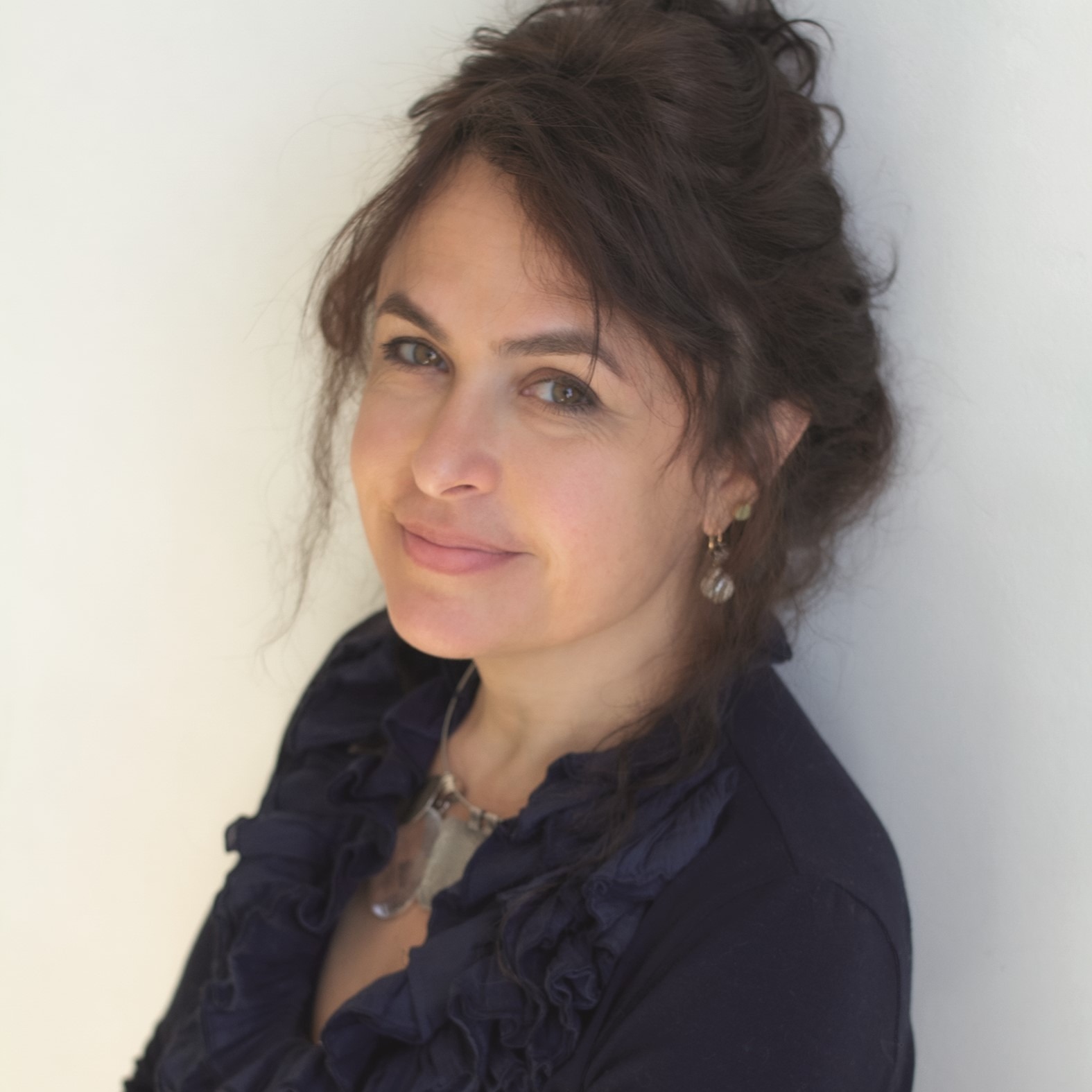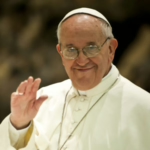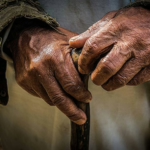Selma Dabbagh talks to us about how Palestinians around the world build a dialogue through literature

Selma Dabbagh is a British-Palestinian writer and lawyer, based in London. Her fiction is mainly set in the contemporary Middle East and has been nominated for major awards.
There’s a lot of reportage on Palestine, but why is it important for fiction to centre Palestinian voices?
One of the things with a novel is the length of it and the proximity of the reader to the emotional state of the characters. You are able to live within their skin before a moment of crisis, for example – whereas in terms of reportage, it’s probably only going to cover the moment of the crisis. If you only see Palestinians as enduring occupation, house demolition, settler attacks, you kind of think that’s what they are, they must be used to it. There’s nothing shocking. Whereas fiction allows the reader to feel with them – in terms of their aspirations, emotional needs, connection to family, the choices that they have to make. There is this pitting of the societal good against the personal good – you know something might not be in your interests, it’s high risk, but you know that it’s your duty. So those kinds of moral choices I find really fascinating, and fiction allows you more space to explore them.
Is fiction a way to resist dehumanisation?
There’s been a lot of discussion about this idea. I’ve heard some Palestinians say, “Writing so that we can be humanised? Why do we have to plead to be human?” But as a shorthand, I’m happy to use that vocabulary [around dehumanisation], because it is a way of understanding the process, which has been so systematic since the early days of Zionist thinking: that the Palestinians don’t exist, and even if they do, their lives aren’t worth anything; that even if they live on the land, they can be easily moved off the land. They’re exportable, disposable, etc.
There has been a disproportionate amount of Palestinian literature and film [being produced] compared to other Arab countries, despite the difficulties that the artists are working in. Some of the earlier works were perhaps a little more didactic. And then it was quickly realised that these weren’t landing well, particularly with western audiences. So it’s changed. Now you have anything from poems being written on Facebook, books based on diary entries, theatrical productions such as the Gaza Monologues [created in 2010 when Ashtar Theatre brought together testimonies from young people after the bombing campaign of 2008-09]. You have personal, domestic or love stories. You have an investigation into one historic killing, as in Adania Shibli’s novel Minor Detail. You get dark humour, like Mazen Maarouf’s short story collection Jokes for the Gunmen. A whole range of styles and approaches.
Tell us about the anthology We Wrote In Symbols: Love and Lust by Arab Women Writers.
This was a collection of writing I edited, by women of Arab heritage from the pre-Islamic era to the current day. It includes work in translation from French and Arabic, as well as work written in English – poetry and prose. I’ve always been interested by the concept of bravery and what makes people able to stand up to oppression – from being able to challenge their personal relationships to confronting state authority by protesting on the streets. And so these women really inspired me, because they all were navigating ways of expressing these primordial human longings of sexual desire or romance (which could be prohibited, but not always), and trying to communicate these emotions as well, to inspire other people’s desire, to navigate themselves into a place of greater happiness.
There was one prose piece I thought was really extraordinary, set in a refugee camp, centred around a couple who can only meet in the latrines of the camp, and they’re communicating to each other through a wall. In a couple of pages, the writer Samia Issa is able to portray the depravity of the conditions, the lack of privacy, and also how human desire doesn’t end with a certain set of circumstances or political oppression. The heart still beats strong, and she’s very creative in forming a place of beauty amid the horror.
How is Palestinian literature under attack today?
The erasure of Palestinian literature is happening on a number of levels. The Educational Bookshop [in East Jerusalem, which specialises in books on the history of Israel and Palestine] being attacked by Israeli authorities in February, the books being removed and the owners being arrested, that’s the most visual example of of how literature is being targeted. The attack is more than just on the material itself: it’s closing down the sense of community and culture. Now that’s quite literal when it comes to a bookshop, because people come in and out, they drink coffee, they make friendships.
But also, I see literature and film as a way that Palestinians all over the world – and there are 14 million, if you include the diaspora in the refugee camps – form a dialogue across languages and geographical spaces. The destruction of cultural heritage is seen to be important when you’re trying to annihilate a population, because it dislocates them from their own history.
What about challenges faced by Palestinian writers here in Britain?
It just happened with the Royal Television Society Awards in March. They created a special award for Palestinian journalists, but then they announced they would withdraw it [citing concerns about controversy overshadowing the award]. It was reinstated after a protest but it was really shameful. There are multiple examples of similar censoriousness when it comes to hearing, promoting and celebrating Palestinian voices.
This suppression works at every level, from the chill factor in terms of your concerns about anything you say being taken out of context, to the idea that there are these very policed and criminalised definitions. So you can’t talk about “fighters”, for example, because they’re all deemed to be terrorists. It doesn’t matter whether they’re Islamist or leftist – anyone who takes up arms on behalf of the Palestinians is probably within a proscribed group. So as a people whose history is very much defined by expulsion, repression, and resistance to that process, that whole thing is very hard to navigate, because you could end up being arrested, quite literally, under the Terrorism Act.
Your novel Out of It was set in Gaza in the early 2000s. What is it like looking back on that now?
When I wrote that novel, I moved the worst situations of the Palestinian reality into a fictional Gaza. I thought I was writing about something so dark it was unimaginable. But what we’re facing now is an unquantifiable number of times worse than anything in that book. In terms of capturing the frustration of youth and the loss of potential and the lack of choices provided to them, [the novel] still stands, and I was pleased that it was able to take a readership into the lives of my main characters; to experience how difficult it is to engage in a meaningful way to change the situation, but also how difficult it is to disengage.
What are your hopes for Palestinian literature?
Palestinian literature is going through a very exciting juncture. There are so many new voices coming out. It’s like a dam is breaking in terms of the urgency of the voices, the variety of them, the experimentality of it.
Palestinian cultural heritage binds people together – not just in terms of a sense of loss, but also an idea of the richnesses that they were capable of experiencing, the variety of social and intellectual experiences, which can form a way of being able to project into a better future. We have to really bear in mind [as artists] not just documenting the cruelty of the reality on the ground, but also saying we’re more than this. And that’s why the interior life and the relationships with people are so important to document in a meaningful way, and to convey to each other and to broader audiences.
This article is from New Humanist’s Summer 2025 issue. Subscribe now.


